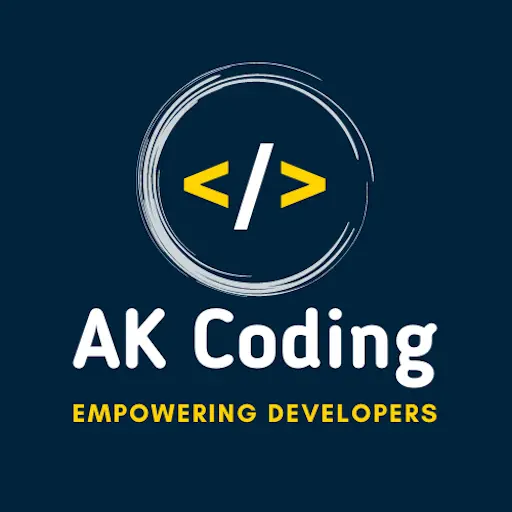Java aws interview questions Here are the top 10 interview questions for a senior Java AWS developer role.
"Java AWS interview questions" refer to inquiries posed to candidates applying for positions involving Java development within the Amazon Web Services (AWS) environment. These questions typically assess candidates' proficiency in both Java programming and AWS services. Topics may include Java core concepts, AWS infrastructure, cloud computing principles, microservices architecture, scalability, security, and best practices for deploying Java applications on AWS. Candidates should be prepared to demonstrate their knowledge of Java programming language features, object-oriented design principles, AWS services such as EC2, S3, Lambda, and DynamoDB, as well as their ability to integrate Java applications with AWS infrastructure effectively. Additionally, understanding of DevOps practices, containerization, and serverless computing on AWS can be advantageous. Being well-versed in these areas will enable candidates to excel in Java AWS interviews and showcase their readiness to contribute to Java-based projects within the AWS ecosystem.
Top 20 Interview questions
- Explain the concept of serverless computing and how AWS Lambda fits into this paradigm.
- What is AWS Elastic Beanstalk, and how does it simplify the deployment of Java applications?
- Can you compare and contrast AWS ECS (Elastic Container Service) and AWS EKS (Elastic Kubernetes Service) for containerized Java applications?AWS ECS (Elastic Container Service):AWS EKS (Elastic Kubernetes Service):Comparison:
- Describe the differences between Amazon S3 and Amazon EBS, and provide use cases for each storage service in a Java application.Amazon S3:Amazon EBS:Comparison:
- How would you securely manage credentials and sensitive information in a Java application deployed on AWS?
- Explain the purpose of AWS CloudFormation and how you would use it to provision AWS resources for a Java application.Purpose of AWS CloudFormation:Using AWS CloudFormation for a Java Application:
- What strategies would you use to optimize the performance of a Java application running on AWS?
- How do you handle asynchronous communication between different components of a Java application deployed on AWS?
- Describe the steps you would take to troubleshoot a performance issue in a Java application running on AWS.
- What is the significance of AWS Auto Scaling, and how would you configure it for a Java application to handle varying traffic loads?
- Explain the role of AWS IAM (Identity and Access Management) in securing access to AWS resources for a Java application.
- How would you implement caching in a Java application deployed on AWS to improve performance?
- What AWS services and mechanisms would you use to ensure high availability and fault tolerance for a Java application?
- Describe the process of logging and monitoring for a Java application running on AWS, including the tools and services you would use.
- Can you explain the concept of AWS VPC (Virtual Private Cloud) and how you would configure it for a Java application?
- How do you ensure data integrity and durability when storing data in Amazon DynamoDB from a Java application?
- What are the advantages of using AWS RDS (Relational Database Service) for managing databases in a Java application?
- Explain the differences between Amazon SQS (Simple Queue Service) and Amazon SNS (Simple Notification Service) and how you would use them in a Java application.
- What strategies would you employ to secure communication between different microservices of a Java application deployed on AWS?
- Describe your experience with CI/CD (Continuous Integration/Continuous Deployment) pipelines for Java applications on AWS, including the tools and practices you use.





Awesome job!
ReplyDelete